I can’t tell you how many executives I know that are content in their work who still interview with other organizations regularly. They don’t do it because they want to change employers, they do it because they want to ensure their interviewing skills are current. In an economy where 84% (according a recent Manpower survey) of the employed are ready to search for new employment, interviewing well is paramount to continuing to have meaningful success in your career. Regardless of where you are in your career, below are tips that may help you transition from one employer to another.
Although there are many types and styles of interviewing, this post will focus on the steps to succeed in face-to-face interviews.
STEP 1 – Excellent Preparation
- Gather five (5) pages of information about the company/department/interviewer; read my blog post about where to find information here.
- After you’ve gathered the information, commit the most important facts to memory.
- Rehearse answers to common questions like “Walk me through your resume.”, “Tell me about yourself.”, “What are your strengths and weaknesses?”, or “What do you know about company X?”
- Write down seven (7) questions that you would like to ask the interviewer.
- Know yourself, your differentiating experiences inside and out, and values/character traits/skills/abilities that make you unique.
- If you have few connections in the organization, build a network of people who talk about your experiences and how they may benefit the organization.
STEP 2 – Unforgettable First Impressions
- Read my post about first impressions here.
- Be sure to arrive 15 minutes early and to turn off electronic devices.
- Dress at or above the expected level of interviewer; I’ve never looked down on a candidate who dressed better than I did that day…in fact I took it as a sign of respect for myself and the organization.
- If time permits, get to know the receptionist; he or she actually holds power in the candidate selection process.
- When meeting the interviewer, deliver strong eye contact, a firm handshake and carry yourself with confidence.
- When you enter the interview room, sit on the end of the chair with your back straight and ask if it will be okay if you take notes.
- If you are nervous, take two to three very long breaths to bring calm.
STEP 3 – Successful Interviews
- It is your job to connect immediately with the interviewer by identifying commonalities between yourself and the interviewer about careers, hobbies or ties to other people in your community.
- Most interviewers ask behavioral-based questions as they are attempting to use past action to predict future performance; make sure that your success stories (read post about success stories here) match well with what the interviewer needs.
- Whatever you do, do not answer in generalities; do not say “I would…” or “I think…”, say “The action I took… or… I did”. You must show specific action. Tell stories that show how you exceeded expectations with previous employers or projects.
- It is important to stay positive; smile as often as you can. Read my post about having the right attitude here.
- As the interview comes to a close, be sure to ask your prepared questions and express your interest in the job. Oftentimes, the thing that separates one candidate from another is her willingness to explicitly state interest in the role and how she would best help the organization make money, save money or mitigate risk.
- No matter what you do, do not lie about anything. Compromising your character in an interview foreshadows how you may behave negatively while employed with the organization.
STEP 4 – Post-Interview Connections
- Read my post about excellent handwritten notes here.
- Send a follow up email within 24 hours; be sure to include words of sincere appreciation and comments about unique moments or comments from the interview
- Send a handwritten thank you note with specifics from the conversation
Comedian Mitch Hedberg interjected humor into the interview process. He once said, “I had a job interview at an insurance company once and the lady said ‘Where do you see yourself in five years?’ and I said ‘Celebrating the fifth year anniversary of you asking me this question.’”
Although I don’t recommend responding with similar humor, I do recommend the above four steps to ensure you succeed in the interview process and secure the career of your dreams.

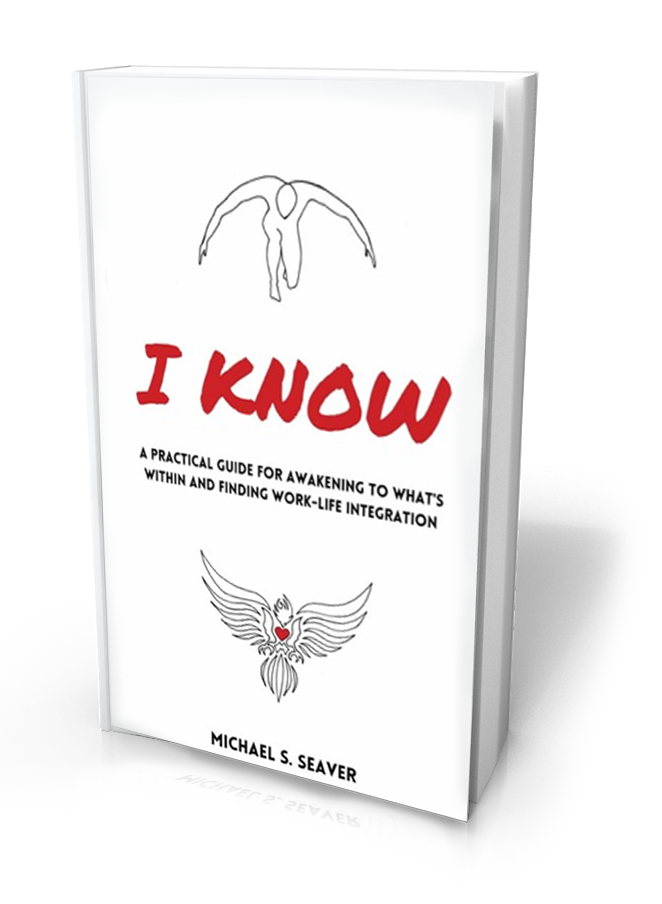

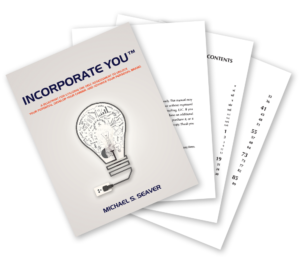
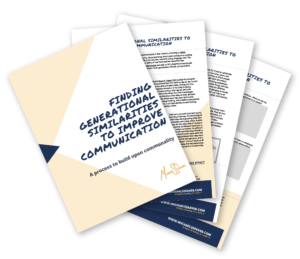
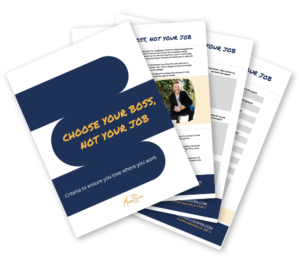
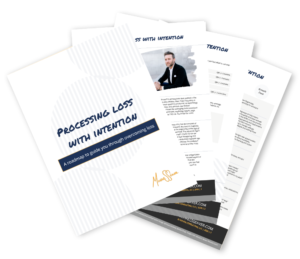
Connect with me